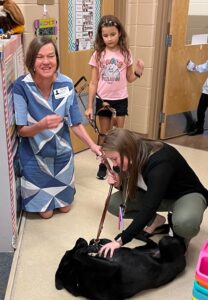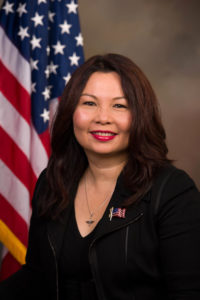What Do I Do When All the Memoir-Writing Classes I Lead are on Break?
December 19, 2022 • 28 Comments • Posted in blindness, careers/jobs for people who are blind, technology for people who are blind, visiting schools, writing, Writing for ChildrenI sure have been busy lately.
But really? who hasn’t been?!
My busy-ness doesn’t have much to do with the holidays, though. I’ve been busy writing, and it’s making me feel good!
Let me explain. After decades and decades of querying magazines about story ideas, pleading with agents to give my latest manuscript a read, all that sort of writerly stuff, well, suddenly editors, publishers, and even podcasters are contacting moi to ask if I’d be interested in writing for them or appearing on their podcast.
Let’s start with Cherry Lake Publishing Group, an educational and children’s book publisher based in Ann Arbor, Michigan. They found out about me through the work I do for the Easterseals National blog and asked me to write two textbooks for an “Understanding Disability” series they were putting together for elementary school children. My two textbooks, one called “What is the Americans with Disabilities Act?” and the other called “Service Dogs” were released in October, and I’ve already done a few school presentations to let kids and teachers know about them.
And then, seemingly out of nowhere, a podcaster from the Rocky Mountain ADA Center in Colorado emailed to ask if she could interview me for their Adventures in Accessibility podcast. I’d never heard of the podcast before, but when I checked it out and discovered they’d interviewed the likes of Illinois senator Tammy Duckworth for one episode, I said yes. Pretty good company, eh?! You can link to my episode here — it went live last Wednesday.
Then next thing you know, I was contacted by a site called Choose Chicago that is “all about Chicago Things to Do, Events, Restaurants, Hotels & Vacation Planning” and markets Chicago to visitors, conferences, and conventions. They just started a new blog series on the best accessible spots in Chicago for people with disabilities, and the Senior Content manager emailed me wondering if I would be interested in contributing. If my answer was yes, she’d share more details.
My answer was yes. She shared more details.
I enjoy lots and lots of the things Chicago has to offer, I knew it’d be difficult to keep the post short, but I was up to the challenge and got lots of help from the Choose Chicago editors. Accessibility in Chicago: a local shares favorite spots for blind and visually impaired visitors went live last Friday.
It’s been fun – and flattering – to get all this attention right before the holidays, and to top it all off, Cherry Lake Publishing Group has asked me to write another children’s book for them, this one for their Itty-Bitty Bio series, and due by January 15, 2023. Happy New Year!



